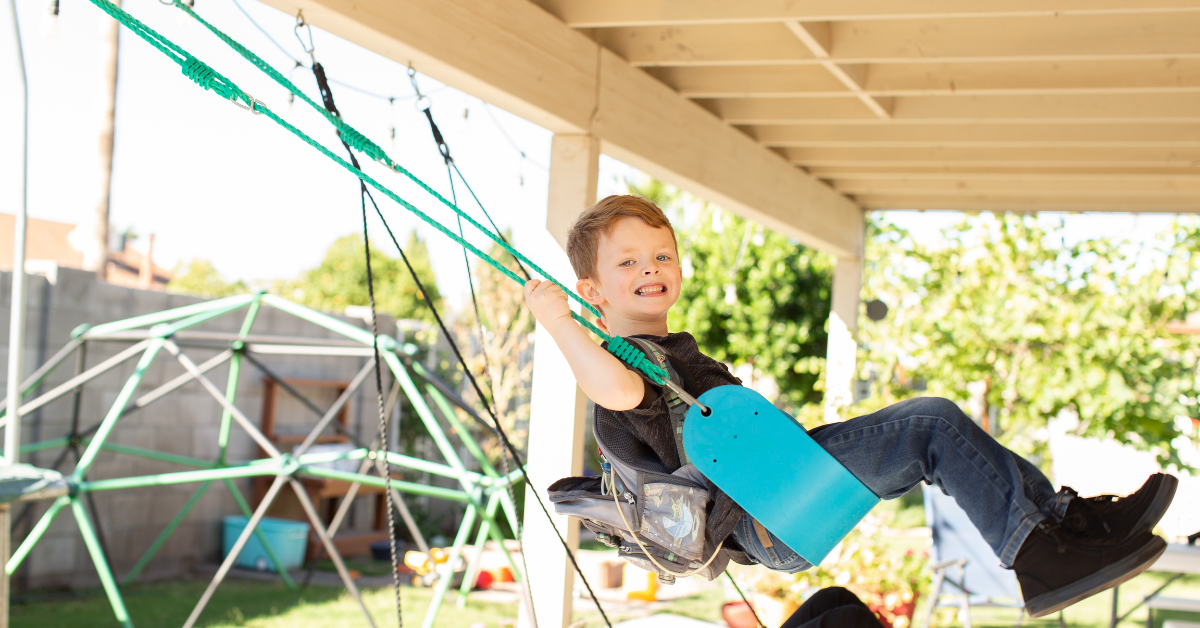Summer Safety Tips for Pediatric Home Care Nurses


Summer is a great time for Pediatric Home Care Nurses to get outside with their patients. While practicing summer safety might be second nature to experienced nurses, here’s a helpful guide to remind you how to keep yourself and your patients protected during this summer season.
Practice Sun Safety
Medically fragile children can be more vulnerable to sun exposure health risks due to their medical condition; they might take medications or have skin conditions that increase their sensitivity to the sun, have weaker immune systems that make it harder to recover from sunburns, and find it difficult to regulate their temperature.
The best practices for protecting patients from sun damage include the following:
- Keep babies younger than six months out of direct sunlight.
- Dress children in cool and comfortable clothing that covers the body, and a hat with an all-around three-inch brim to shield face, ears, and neck.
- Find sunglasses that have at least 99% UV protection.
- Apply mineral sunscreens that contain zinc oxide or titanium dioxide and are broad-spectrum and with a sun protection factor (SPF) of at least 15.
- Reapply sunscreen every two hours or after swimming.
- Stay in shaded areas as much as possible and keep the child hydrated.
In the case of heat exhaustion or heatstroke (high temperature above 104°F, hot and dry skin, dizziness/disorientation, nausea/vomiting), get the child into a colder environment and call 911.
Keep Medications and Medical Equipment in a Cool Place
Medications
Most medications need to be stored in a controlled room temperature between 68 to 77 degrees Fahrenheit. Heat and humidity can break down active ingredients of medication, making it less effective or ineffective, or leading to unexpected byproducts, making them unsafe to consume.
Follow these three protocols to best protect your patient’s medication:
- Check the medication packaging and insert for storage requirements.
- Never store medications in a car or trunk for long periods of time.
- Talk to your patient’s pharmacist or medication manufacturer if you have questions about the safety or efficacy of a medication that has been exposed to heat.
Equipment
If medical equipment overheats or is exposed to high humidity, it can cause physical damage to components, causing the device to fail or harm the patient.
Here are the best practices for protecting medical equipment from overheating:
- Store in a cool, dry place.
- Ensure proper ventilation.
- Don’t overload electrical outlets.
- Frequently clean filters for devices like CPAP machines, oxygen concentrators, and nebulizers.
Supervise Pool and Water Activities
Swimming is a popular water activity that can benefit medically fragile children by providing gentle physical exercise, improving respiratory function, and offering a soothing sensory experience. However, swimming and other water-related activities should involve careful planning, medical guidance, and supervision.
The best practices to ensure safety for pool and water activities include:
- Consult the patient’s family, pediatrician, and specialist before planning activities.
- Use adaptive floating devices when needed.
- Ensure hands-on supervision by a CPR-trained professional at all times.
- Monitor for any signs of fatigue or distress.
Practice Your Own Sun Safety
As you follow sun safety protocols for your patient, it’s also important to apply those best practices for yourself. Make sure you are always following sun safety guidelines while staying hydrated, especially in warmer temperatures.
In your care, patients can enjoy their summer while staying safe. Discover more about our nursing services at Thrive SPC and how we provide high-quality home care in the summer and all year round by heading to https://www.thrivespc.com/





